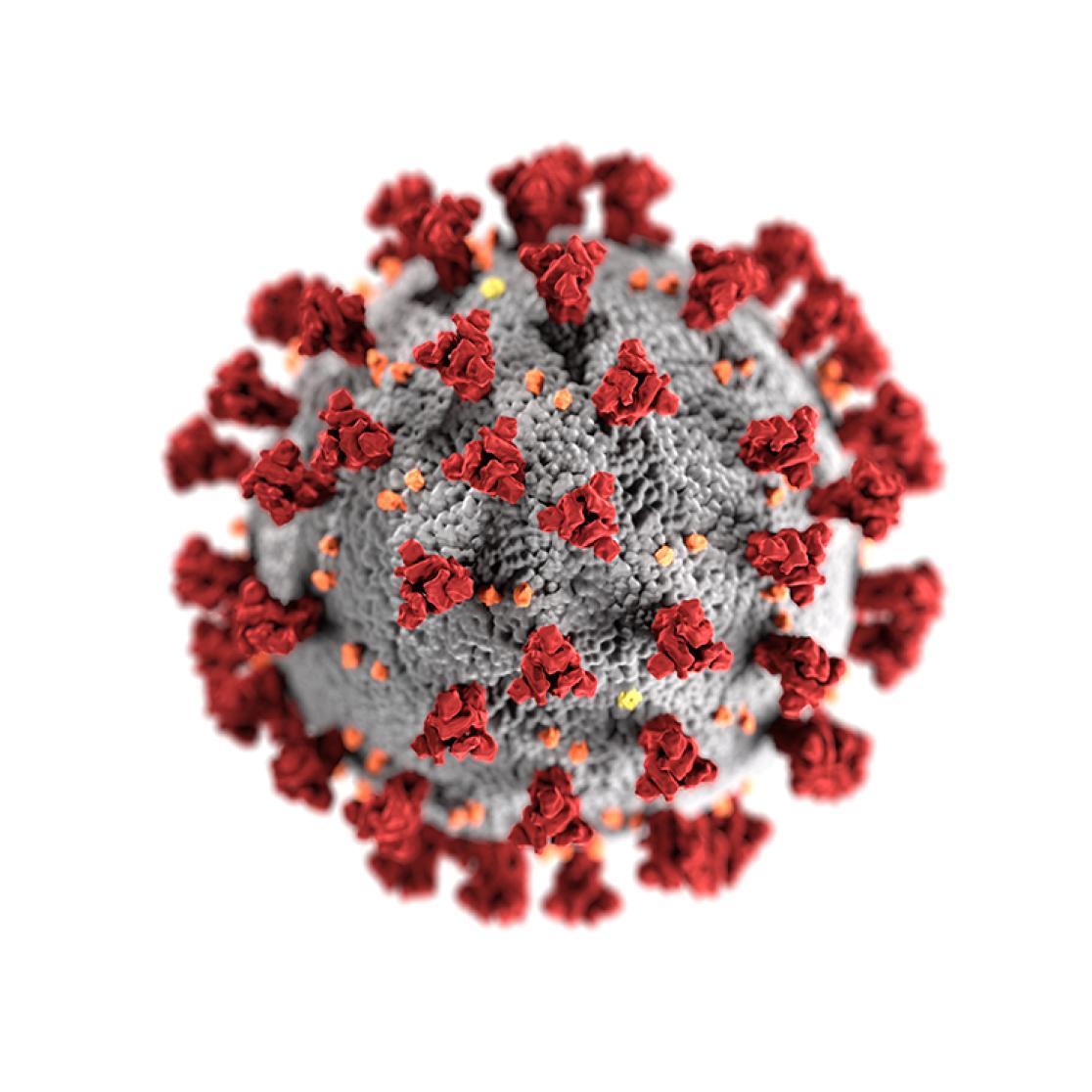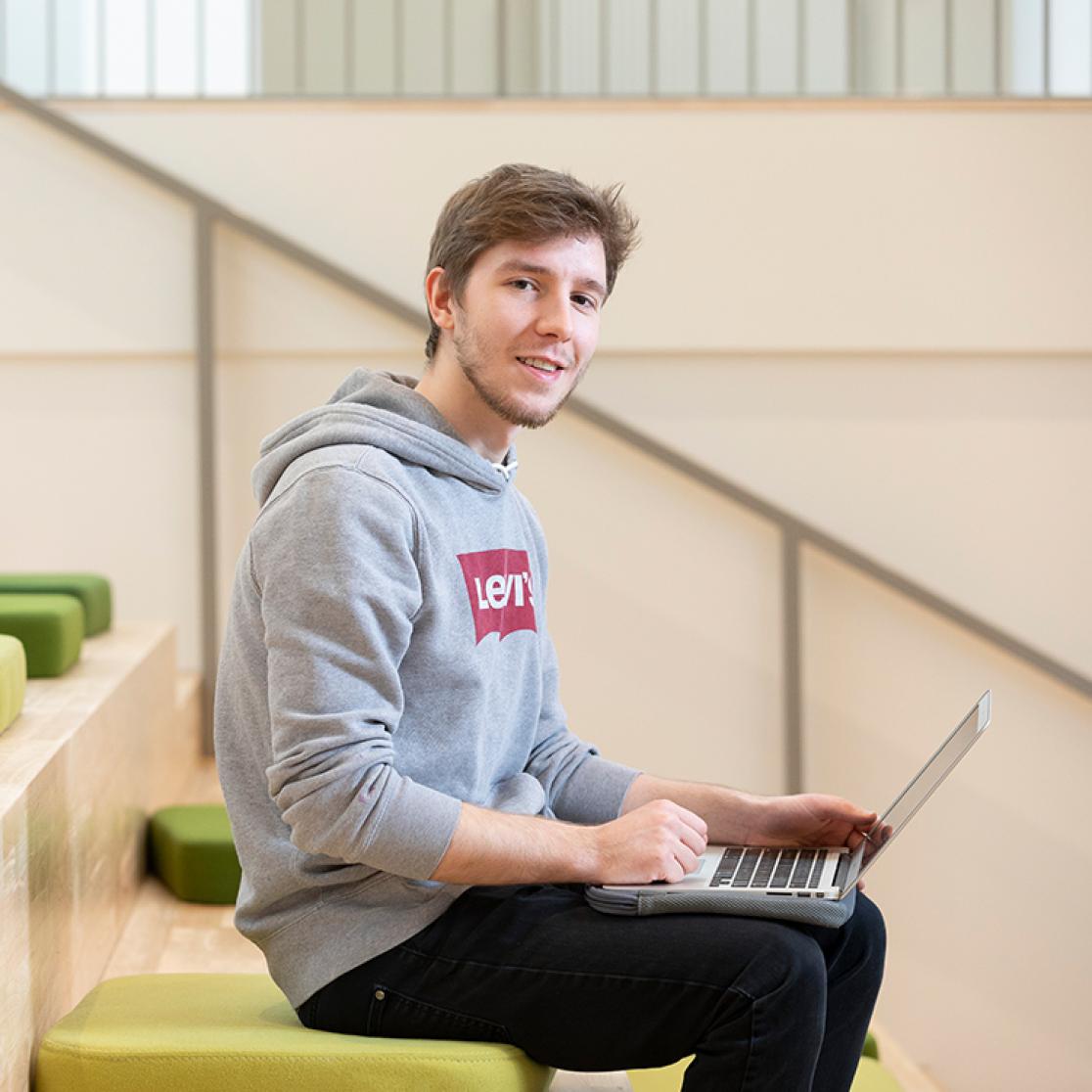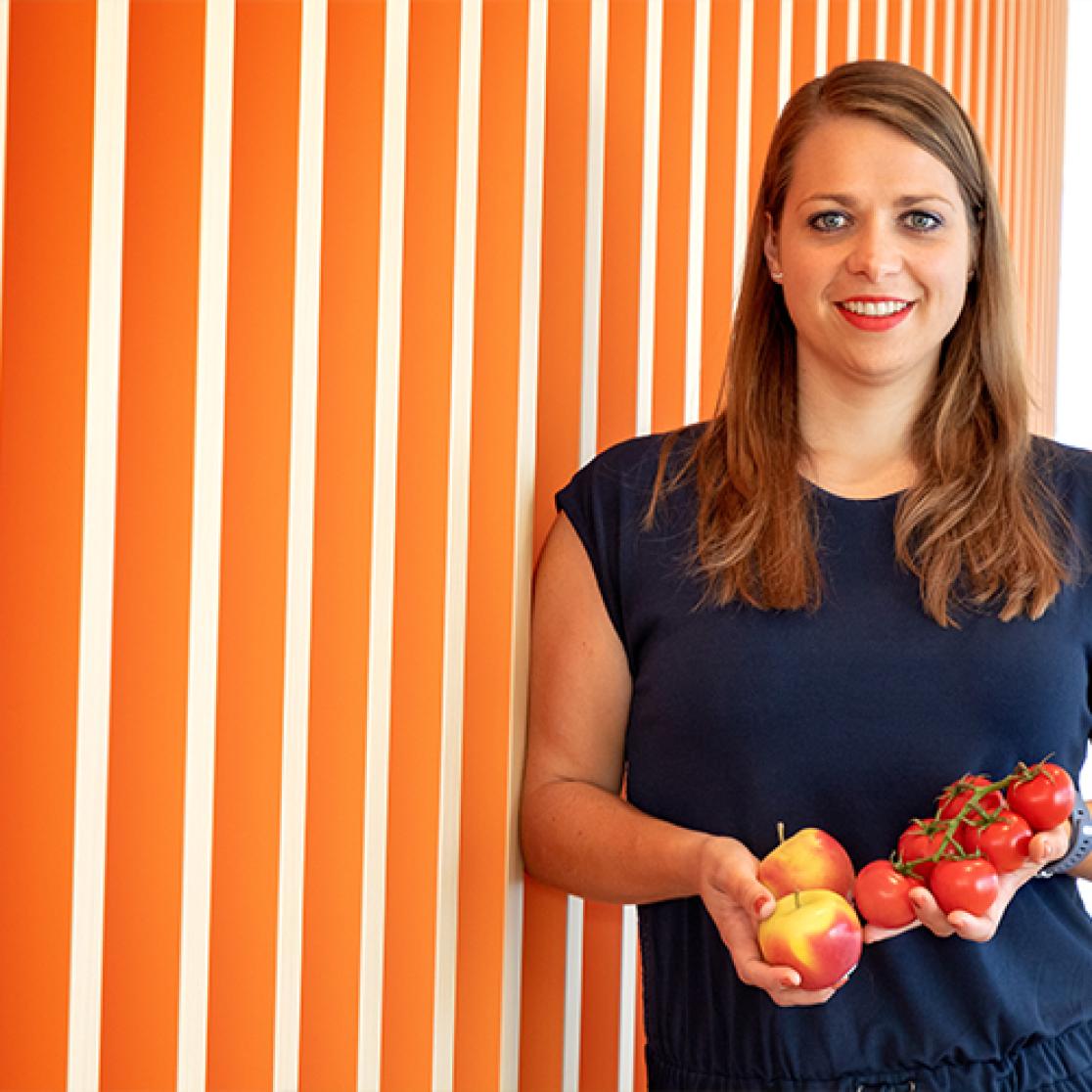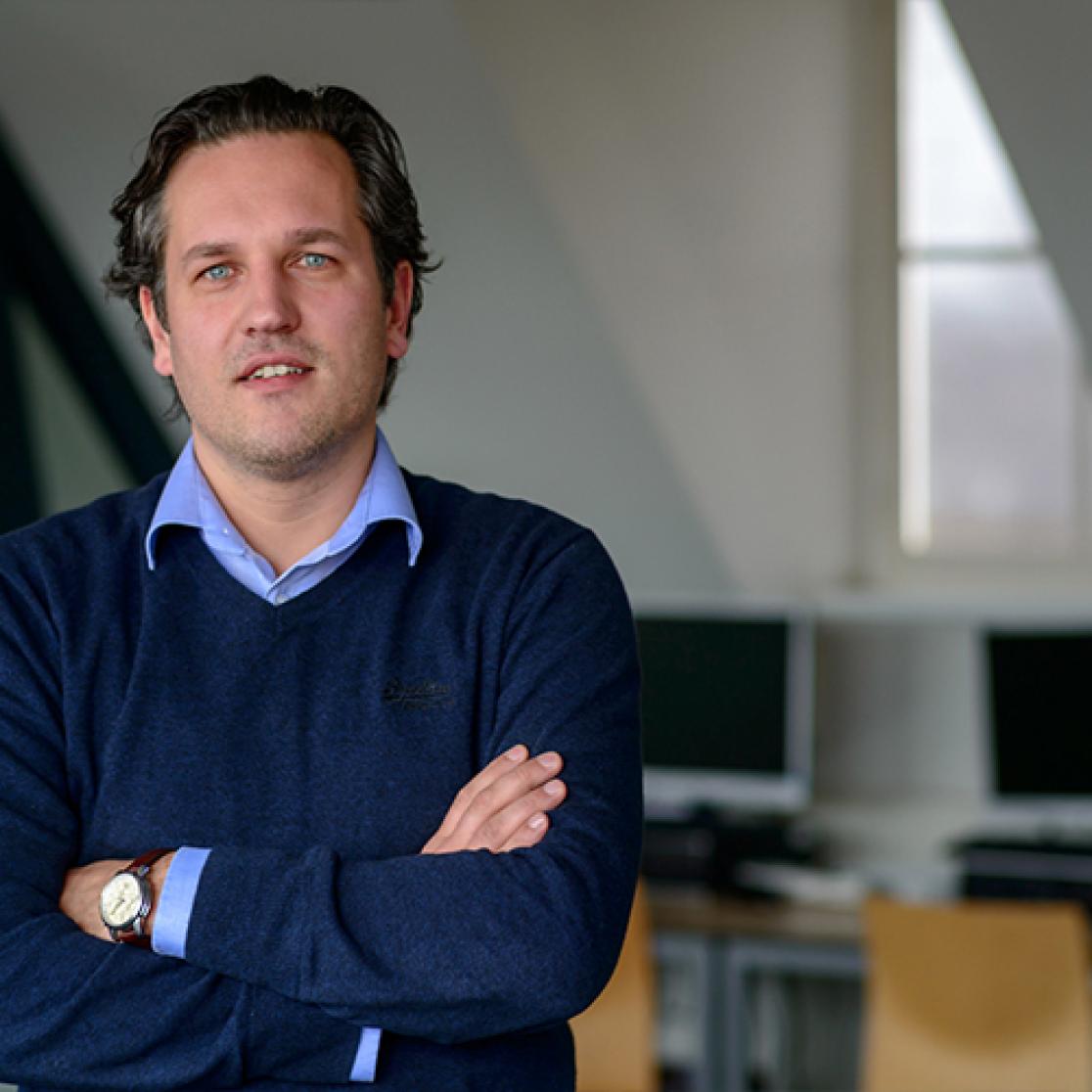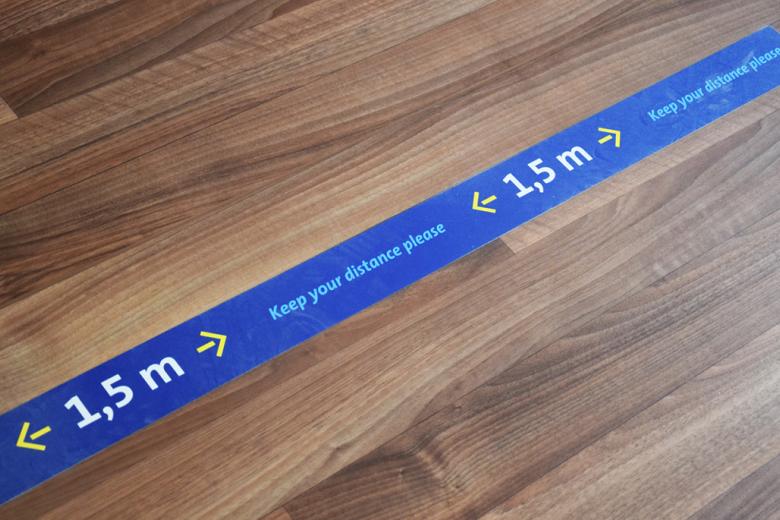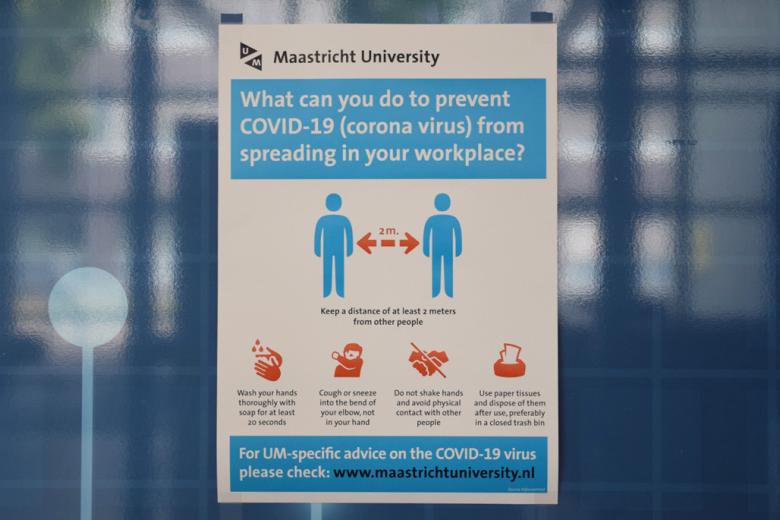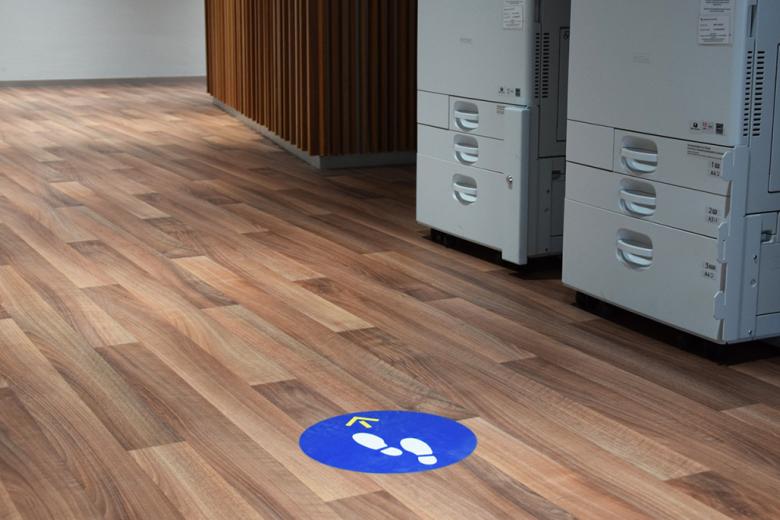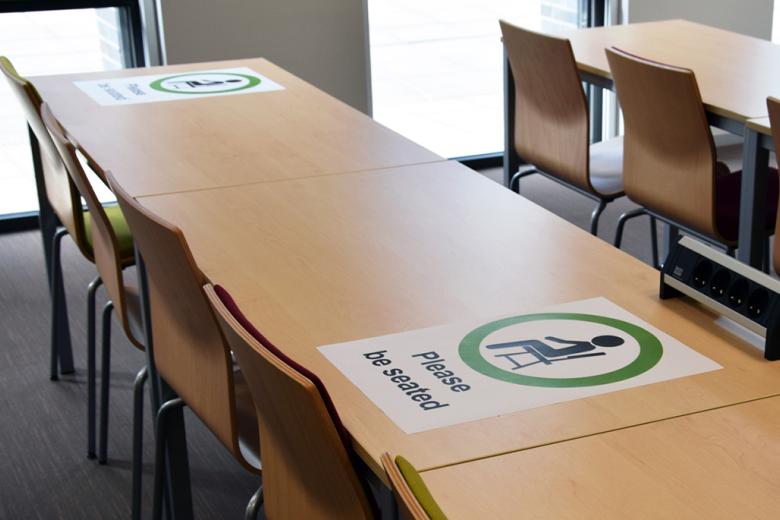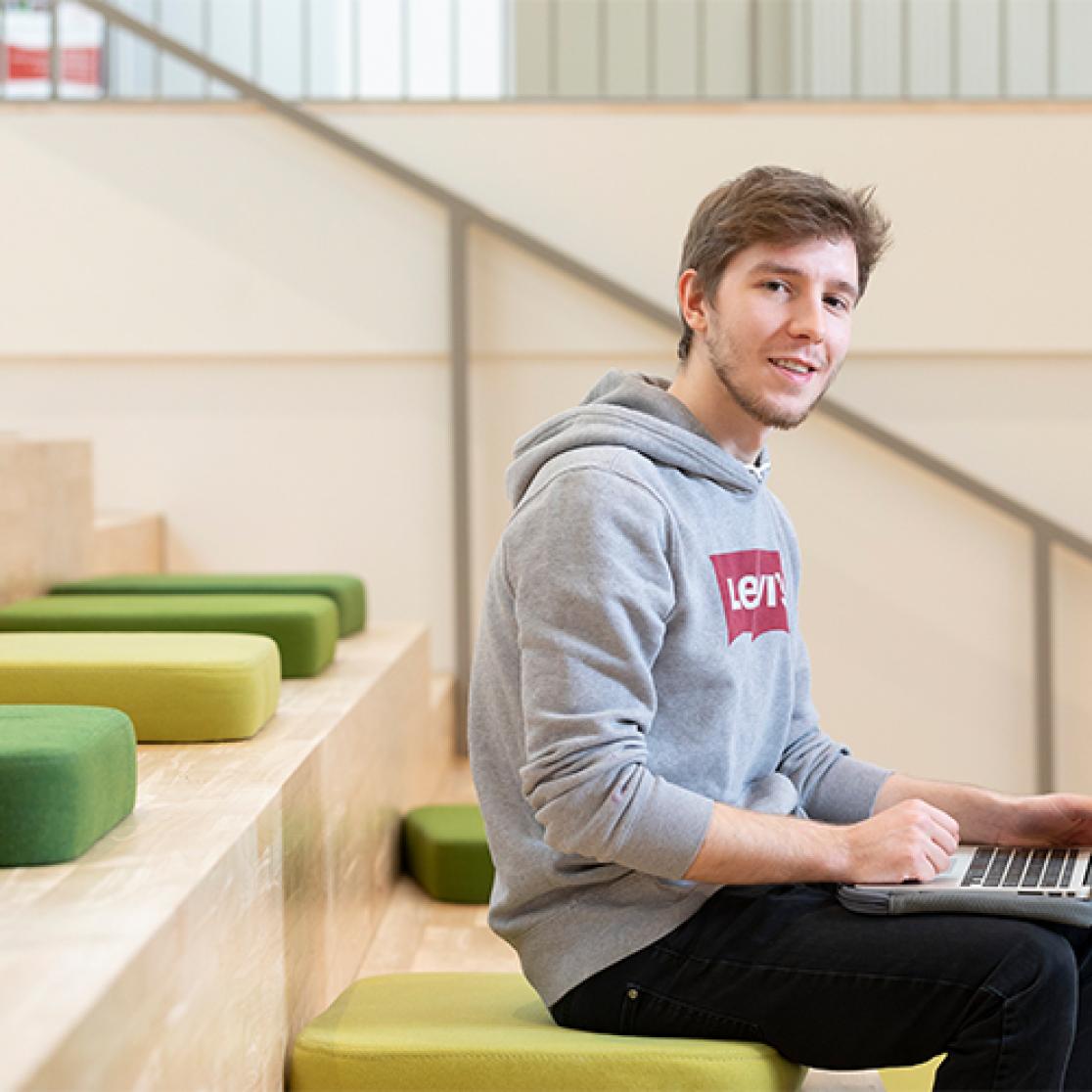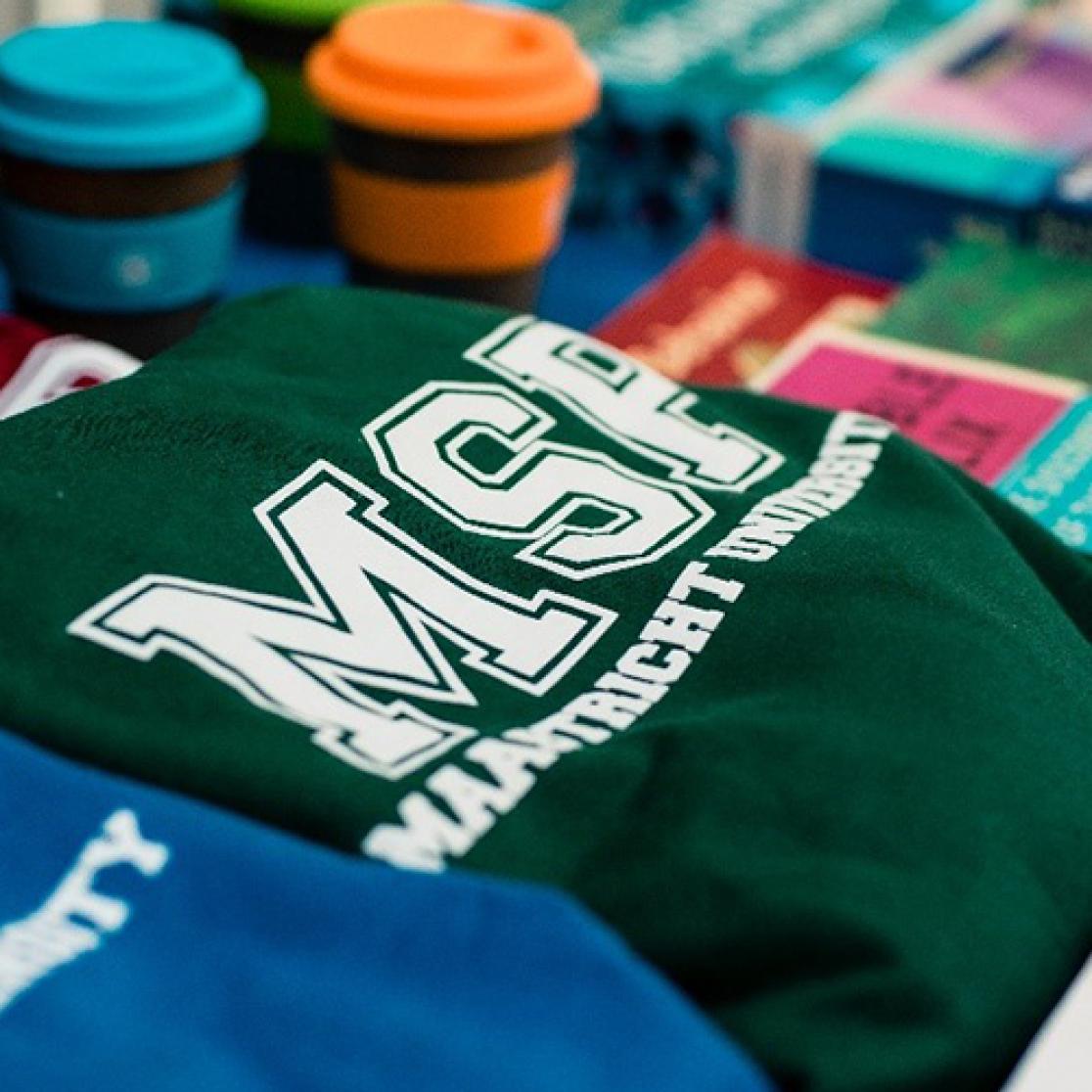Programme content
The honours programme is an extracurricular programme comprising 25 ECTS over a two-year period. The programme combines project work and a personal leadership track.
Project work
During the Honours programme, you will primarily focus on project work that you initiate yourself. The nature of the project is for you to develop, which allows you to follow your curiosity and interest. You can complete a project individually or in a team. You are free to a certain degree to decide the subject matter of the project (provided it falls within the end terms of the bachelor programme you are enrolled in), its scope as well as the end product.
You can develop one large project (e.g. worth 5 or 10 ECTS) or a number of smaller projects (e.g. worth 2 or 3 ECTS).
Your project is initiated by a project plan which must be submitted for approval to the Honours programme coordinator. The project plan outlines the purpose and design of the project, elaborates on the competences to be developed, as well as timing, deliverables, supervision and an accounting of the number of ECTS.
Upon completion, you submit an end product for assessment to the supervisor/programme coordinator as part of your portfolio. The end product may be a written document, it could also be something fundamentally different from a paper or essay, for instance a draft piece of legislation, judgment, draft contract, memorandum and/or pleading, presentation, a debate, series of blogs, podcasts, vlogs, legal problem analysis report, website or webpages, an app, or a documentary.
As part of the project work, second year students participate in the UM-wide Honours+ programme. Honours+ brings together honours students from different faculties to work on interdisciplinary projects. More information on Honours+ can be found here.
MaRBLe project
Third year students can participate in a MaRBLe project as part of the project work. MaRBLe projects comprise 18 ECTS, of which 6 ECTS are extracurricular. These 6 extracurricular credits contribute towards the 10 ECTS project work requirement in the bachelor Honours programme in your third year. More information on MaRBLe can be found here.
Personal leadership
Each year, students in the Honours programme also participate in five seminars on personal leadership track. These sessions focus on various aspects of personal leadership, such as collaborating in teams, trust-building, feedback giving and receiving. To complete the personal leadership track, you will be required to complete assignments and reflect upon the insights you have gained to develop your own personal leadership portfolio.
Assessment: Portfolio
At the end of each academic year, you will be required to submit a portfolio in which you outline the work that you have completed in the Honours programme during that academic year. The portfolio includes the following:
- Project work: the project plan, end deliverables and a final reflection on competence development at the end of the project.
- Personal leadership: the assignments from the personal leadership seminars.
- Honours+: the Honours+ project and reflection assignment (for second year students).
- Legal competence report: a reflection on course work during the academic year in the context of the regular bachelor programme.
Students who successfully complete the bachelor Honours programme receive an Honours Certificate upon graduation.
Selection procedure
Applications for the Bachelor Honours programme can be submitted by students in the bachelor programmes European Law School, Rechtsgeleerdheid, and Fiscaal Recht who have completed their first year successfully.
To apply to the programme, you can send an email to the bachelor Honours coordinator in which you include a motivation letter, an up-to-date cv, and an overview of your grades.
During the first week of the new academic year, you may be invited for a selection interview. The application deadline is 11 August 2024.
Applications are to be sent to: honours@maastrichtuniversity.nl
